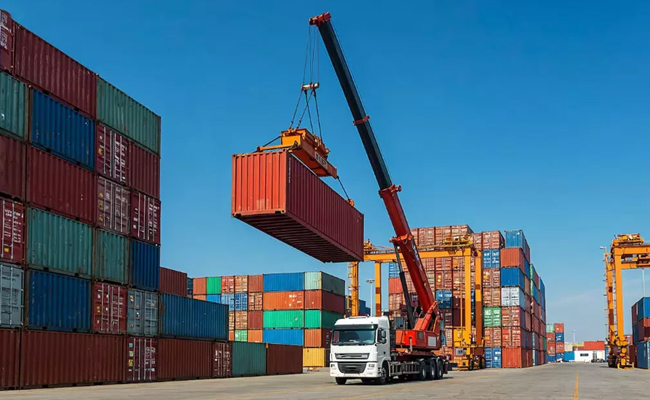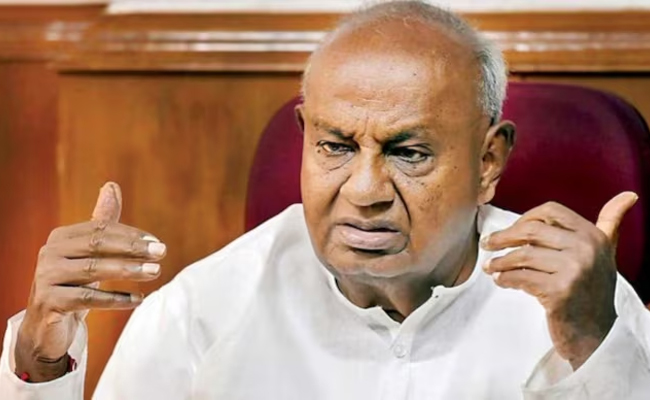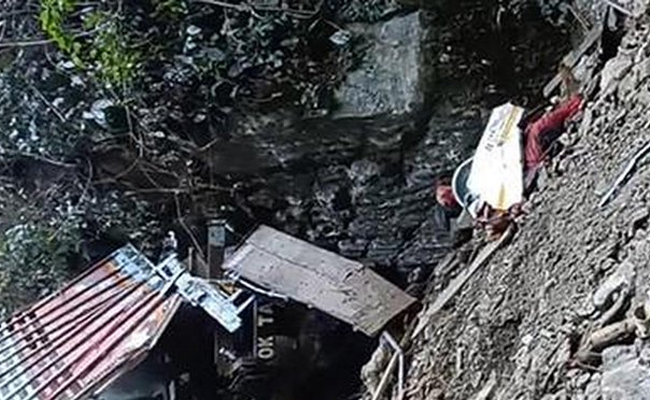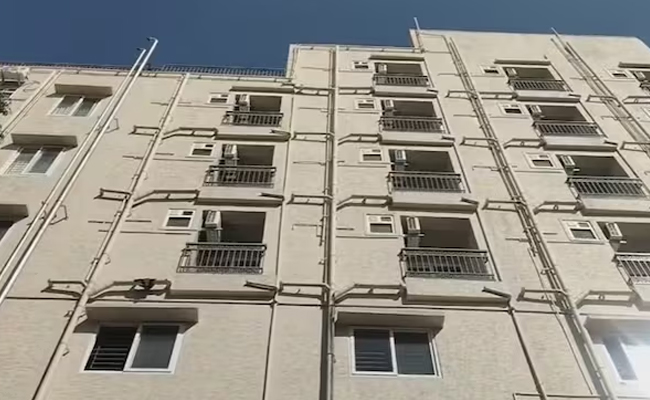Midnapore (West Bengal), July 16 : Prime Minister Narendra Modi on Monday said previous governments had failed to hike the Minimum Support Prices (MSP) of crops despite farmers' demands and expert panels' recommendations.
"The demand for raising the MSP was placed before every government. Many commissions and committees were formed. But every time it was stalled. Files kept on piling," said the Prime Minister.
"The farmers went on demanding and agitating... but neither the state governments nor those in power in Delhi heard them. After BJP came to power, we have decided to provide MSP at one-and-a-half times of the input costs," Modi told a rally here.
"The hike would empower farmers of West Bengal as well," the Prime Minister said.
The centre recently approved an MSP, providing farmers a profit of 50 per cent or more over "cost of production" for Kharif crops for 2018-19.
"My government is your government and it is a pro-farmer government," he told the famers.
Based on the Costs and Prices (CACP)-fixed input cost, the MSP for paddy was increased by Rs 200 (50.09 per cent) to Rs 1,750 per quintal, while for 'Grade A' paddy, it went up by Rs 180 (51.8 per cent) to Rs 1,770 per quintal.
The Centre also hiked the MSP by 50 per cent for groundnut at Rs 4,890 per quintal, for moong at 6,975 per quintal, for sunflower Rs 5,388 per quintal, for soybean at Rs 3,399 per quintal, for sesame at Rs 6,249 per quintal and for Niger seed at Rs 5,877 per quintal.
He said the MSP for raw jute has also been increased by Rs 200 a quintal for this year.
"When we came to power in 2014, the raw jute price was less than Rs 2,000 a quintal. Now, the same has been increased by over Rs 1,700 a quintal over the last four years. Bengal's jute farmers are benefitted by the increased price," Modi said.
Reiterating Centre's commitment to farmers, Modi said his government was working to double farmers' income by 2022.
Refering to his government's decision to consider bamboo as a grass, Modi said farmers could now produce, cut and sell bamboo, which previously had to be imported.
"Previous governments regarded bamboo as a tree. So, the country's peasants and tribals had no right to cut or sell bamboo. We had to spend thousands of crores on its import. Today, our peasants can produce bamboo on their land, and sell it. Our decision has greatly benefitted the farmers," he said.
Modi said agriculture markets have been integrated through e-NAM (electronic National Agriculture Market), enabling farmers to sell their produce after taking price information on their mobile phones.
"We are working to upgrade around 22,000 gramin haats (rural markets) with requisite infrastructure," he said. "I hope West Bengal will take steps towards reforming the agriculture market," he said.
Criticising the West Bengal government for not setting up a robust cold chain supply, he said the Centre took up the project Operation Greens laying priority on tomato, onions and potato.
Modi also said fishermen could be empowered with "Blue Revolution".
Let the Truth be known. If you read VB and like VB, please be a VB Supporter and Help us deliver the Truth to one and all.
New Delhi (PTI): India has proposed a preferential trade agreement (PTA) with Mexico to help domestic exporters deal with the steep tariffs announced by the South American country, a top government official said on Monday.
Mexico has decided to impose steep import tariffs - ranging from about 5 per cent to as high as 50 per cent on a wide range of goods (about 1,463 tariff lines) from countries that do not have free trade agreements with Mexico, including India, China, South Korea, Thailand and Indonesia.
Commerce Secretary Rajesh Agrawal said that India has engaged with the country on the issue.
"Technical level talks are on...The only fast way forward is to try to get a preferential trade agreement (PTA) because an FTA (free trade agreement) will take a lot of time. So we are trying to see what can be a good way forward," he told reporters here.
While in an FTA two trading partners either significantly reduce or eliminate import duties on maximum number of goods traded between them, in a PTA, duties are cut or removed on a limited number of products.
Trading partners of Mexico cannot file a compliant against the decision on imposing high tariffs as they are WTO (World Trade Organisation) compatible.
The duties are within their bound rates, he said, adding that their primary target was not India.
"We have proposed a PTA because its a WTO-compatible way forward... we can do a PTA and try to get concessions that are required for Indian supply chains and similarly offer them concessions where they have export interests in India," Agrawal said.
ALSO READ: Mexico's Congress approves higher tariffs on goods from India, China and non-FTA nations
Citing support for local production and correction of trade imbalances, Mexico has approved an increase in MFN (most favoured nation) import tariffs (5-50 per cent) with effect from January 1, 2026 on 1,455 tariff lines (or product categories) within the WTO framework, targeting non-FTA partners.
Preliminary estimates suggest that this affects India's around USD 2 billion exports to Mexico particularly -- automobile, two-wheelers, auto parts, textiles, iron and steel, plastics, leather and footwear.
The measure is also aimed at curbing Chinese imports.
India-Mexico merchandise trade totalled USD 8.74 billion in 2024, with exports USD 5.73 billion, imports USD 3.01 billion, and a trade surplus of USD 2.72 billion.
The government has been continuously and comprehensively assessing Mexico's tariff revisions since the issue emerged, engaging stakeholders, safeguarding the interests of Indian exporters, and pursuing constructive dialogue to ensure a stable trade environment benefiting businesses and consumers in both countries.
ALSO READ: Search operation ends in Anjaw truck accident, 20 bodies recovered
Federation of Indian Export Organisations (FIEO) Director General Ajay Sahai has said that Mexico's decision is a matter of concern, particularly for sectors like automobiles and auto components, machinery, electrical and electronics, organic chemicals, pharmaceuticals, textiles, and plastics.
"Such steep duties will erode our competitiveness and risk, disrupting supply chains that have taken years to develop," Sahai said, adding that this development also underlines the little urgency for India and Mexico to fast-track a comprehensive trade agreement.
Domestic auto component manufacturers will face enhanced cost pressures with Mexico hiking duties on Indian imports, according to industry body ACMA.





